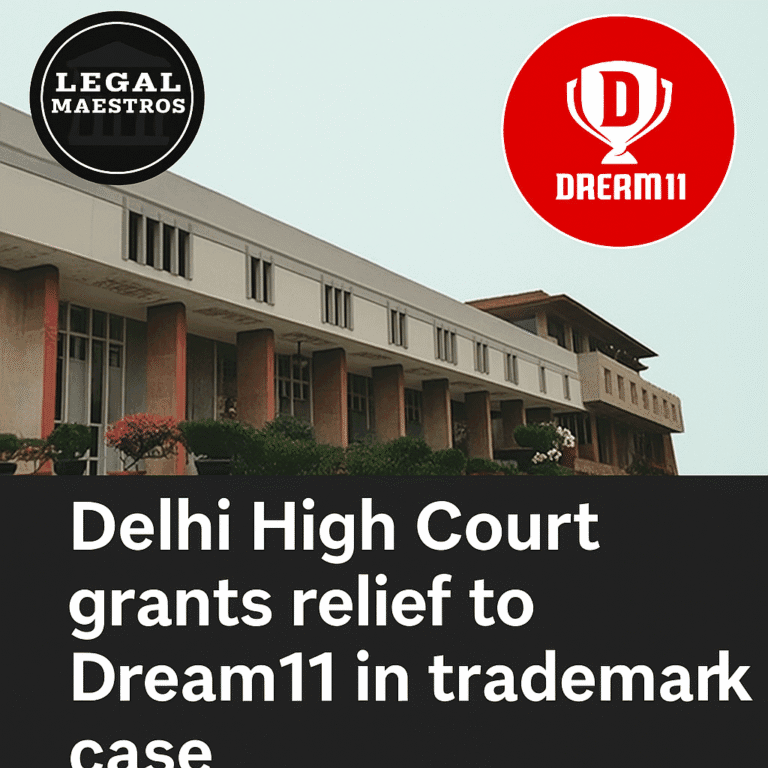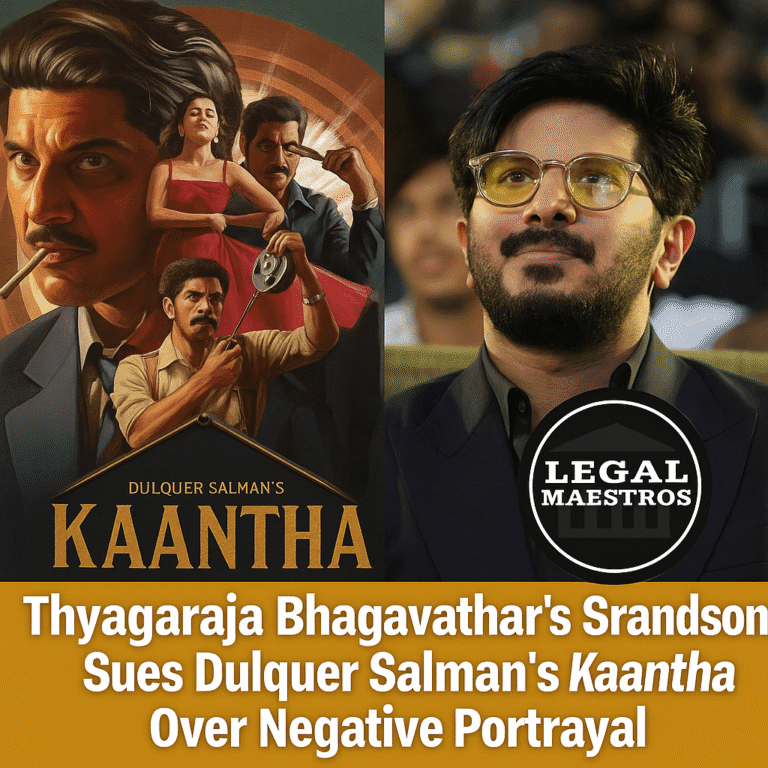
Ravish Kumar's Delhi High Court Challenge Against Adani Content Removal Order
The Genesis of the Dispute
The controversy started with an action suit of civil defamation against Adani Enterprises in a trial court in Delhi. The firm claimed that some of the journalists such as Ravish Kumar were publishing and spreading defamatory information that was negatively affecting its reputation and business. On 6 th September, the trial court granted ex-parte interim injunction which is an order that is granted on a hearing basis without considering all the parties involved.
This order did not only suppress some named journalists to publish material, it also comprised of John Doe defendants who are unnamed parties. This wide area enabled Adani to go into digital platforms to remove the contents. Thereafter, on September 16 the Ministry of Information and Broadcasting of the Central government made a communication to Kumar and other content creators, informing them to abide by the order of the trial court and take the videos off.
Ravish Kumar’s Legal Stand
Ravish Kumar in his petition to the Delhi High Court has scaldingly claimed that the order of the government is an unprecedented unconstitutional exercise of executive power. In arguing against the government he asserts that the government has crossed boundaries by directing the elimination of such material upon the order issued by a privately constituted civil court. Kumar has called the defamation suit and the government response a Strategic Lawsuit Against Public Participation (SLAPP), which is a most common law technique employed by large groups to intimidate and muzzle critics. The legal team of the journalist has contended that the action contravenes some the basic rights such as the right to speech and expression and the separation of powers since this is one of the foundations of Indian democracy.
For any queries or to publish an article or post or advertisement on our platform, do call at +91 6377460764 or email us at contact@legalmaestros.com.
Implications for Press Freedom
The case has significant future consequences to the future of journalism and freedom of speech in India. The government can be viewed as usurping the judicial system by imposing a civil order of a private company, which is the place of the judiciary.
This would have a chilling effect on the whole media scene and the journalists will avoid doing investigative reporting on influential companies due to the fear of being taken to court and administrative consequences. The plea presented by Kumar is that this government order amounts to the prior restraint of journalistic material and this practice is not widely favored in law since it acts to filter speech prior to even it being released to the population.
The Role of the Judiciary and Future Proceedings
There are now intricate matters that the Delhi High Court will look into. The court will be forced to determine whether the state was justified by the law and whether the state did not violate the constitutional protection of freedom of press. It is not only an individual journalist or an individual company, but it is about the limits of corporate power, media responsibility and the excesses of the government in an online era. Journalists, legal professionals, and civil rights advocates will intensively monitor the result since it might establish a very important precedent in the future with regard to similar cases. The Newslaundry digital news outlet has also been putting forward a similar appeal, which further elucidates the lack of concern in the media fraternity.
For any queries or to publish an article or post or advertisement on our platform, do call at +91 6377460764 or email us at contact@legalmaestros.com.



![JOB POST: Junior Associate at ASM Law Chambers, Jaipur [Freshers]](https://legalmaestros.com/wp-content/uploads/2025/11/Gemini_Generated_Image_8wrxer8wrxer8wrx-768x708.png)

